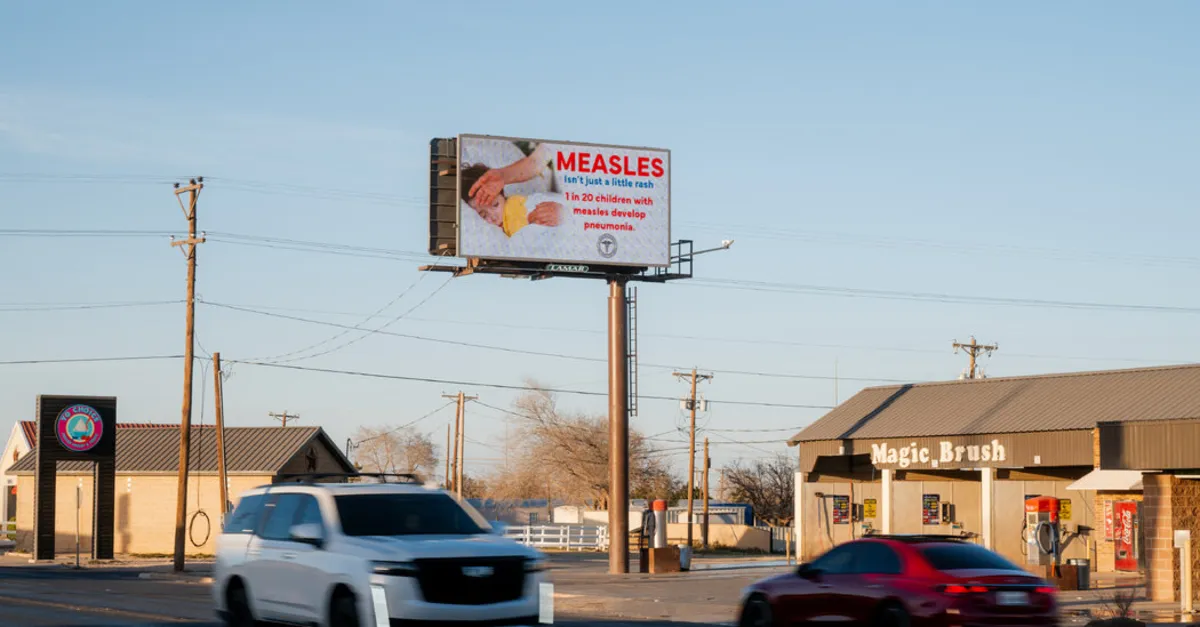
The recent measles outbreak in West Texas, which resulted in the hospitalization of nearly a hundred individuals and tragically claimed the lives of two young children, has been officially declared over. This announcement was made by state health officials in a news release on Monday, marking a significant milestone in combating this highly contagious disease.
State health officials confirmed that the outbreak was declared over after no new cases of measles have been reported for a consecutive period of 42 days. This period is crucial for determining the containment of infectious diseases, and the absence of new cases indicates that the immediate threat has subsided.
West Texas was at the epicenter of a larger Southwest outbreak that continues to affect the region. This outbreak is now recognized as the largest single measles outbreak in the United States since the virus was declared eliminated in 2000. Despite the recent progress in West Texas, the Southwest outbreak remains active, raising concerns for public health officials.
Since the peak of measles cases in late March, new infections have been on a steady decline across the United States. According to data released by health agencies, only eight new cases were reported in the last week of July, and no new cases were recorded in the first week of August. This trend offers a glimmer of hope as efforts to control the virus continue.
However, health experts caution that the risk of new infections remains, particularly from travel-related cases. An ongoing outbreak in neighboring New Mexico adds to the concern. Additionally, both Canada and Mexico are currently grappling with significant measles outbreaks, which have collectively sickened thousands and led to over a dozen fatalities.
Katherine Wells, the director of public health in Lubbock, Texas, emphasized the potential risk of travelers from outbreak areas reintroducing the virus to susceptible populations. “We can easily see a traveler from one of those areas coming and getting into any susceptible population to start another outbreak,” she remarked, highlighting the need for vigilance.
Compounding the issue, new data from the Centers for Disease Control and Prevention (CDC) indicates that vaccination rates among American children entering kindergarten have declined during the 2024-25 school year. The percentage of students receiving exemptions from vaccines has also risen sharply over the past decade. Only 92 percent of children in that year received their measles, mumps, and rubella (MMR) shots. Public health experts warn that immunization rates must remain above 95 percent to effectively prevent the spread of the virus.
As the situation evolves, ongoing public health initiatives and education about the importance of vaccinations will be crucial in preventing future outbreaks and protecting vulnerable communities across the United States.